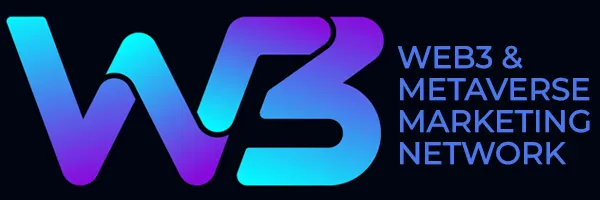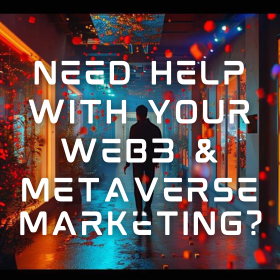The concept of marketing has evolved significantly since the days of traditional billboards and radio advertisements. In today’s digitally-infused world, where attention spans are dwindling and competition for customer engagement is fierce, immersive marketing is emerging as a powerful tool that businesses can no longer afford to overlook. But what exactly is immersive marketing, and how is it shaping the future of customer engagement? Let’s delve deeper.
What is Immersive Marketing?
Immersive marketing is an interactive, multi-dimensional strategy that incorporates elements like augmented reality (AR), virtual reality (VR), 360-degree videos, and other advanced technologies to engage customers on a deeper, emotional level. Unlike passive advertising mediums, immersive marketing provides users with a virtual ‘experience’ that allows them to interact and engage with a brand, thus enhancing their connection and fostering loyalty.

Current Trends in Immersive Marketing
Augmented Reality (AR)
Brands like IKEA and Sephora have already leveraged AR to create more engaging customer experiences. IKEA’s AR app allows users to visualize how furniture will look in their homes before making a purchase, while Sephora’s ‘Virtual Artist’ lets consumers try on makeup virtually.
Virtual Reality (VR)
Virtual Reality offers even more extensive opportunities for immersive experiences. For instance, travel agencies are using VR to give prospective customers virtual tours of exotic destinations. Automotive companies like Audi allow customers to configure and experience their dream car in a virtual showroom.
360-degree Content
This trend is particularly popular in real estate and travel marketing, where consumers can explore properties or destinations from all angles, providing them with a more comprehensive understanding of what to expect.
The Future Landscape
Hyper-Personalization Through AI
Artificial intelligence will take immersive marketing to unprecedented levels by offering hyper-personalized experiences. AI algorithms can analyze user behavior and preferences to tailor immersive experiences for individual customers, thus making them more relevant and engaging.
Integration with IoT
The Internet of Things (IoT) can amplify the impact of immersive marketing by integrating real-world objects with digital experiences. Imagine a smart refrigerator that can display a cooking demo on its screen, allowing you to interact with a chef while following along in your kitchen.
Enhanced Reality
Beyond AR and VR, technologies like Mixed Reality (MR) and Extended Reality (XR) will blur the lines between the real and digital worlds even further, offering even more compelling immersive experiences.
Challenges Ahead
While the prospects are exciting, there are hurdles that marketers need to overcome. Creating immersive experiences requires a blend of technological expertise and creative storytelling, which can be resource-intensive. Moreover, there’s the question of scalability and how to offer such highly personalized experiences to a large consumer base.
Ethical Considerations
With capabilities for intense data collection and personalization come ethical responsibilities. Companies need to be transparent about data usage and ensure that immersive experiences are designed with privacy and inclusivity in mind.
Conclusion
The future of immersive marketing is not just an extension of current trends but a new frontier that integrates technology, personalization, and emotional engagement to create experiences rather than mere advertisements. As we continue to advance into this digital age, companies that can effectively utilize immersive marketing strategies will not only captivate their audience but also cultivate brand loyalty in ways never before possible.
In a world cluttered with marketing messages, immersive marketing offers a pathway to cut through the noise and truly connect with consumers. Its integration into mainstream marketing seems inevitable, and it offers a bright future filled with limitless opportunities for creativity and innovation. As we look ahead, it’s clear that immersive marketing will be a cornerstone in the ever-evolving landscape of customer engagement.










